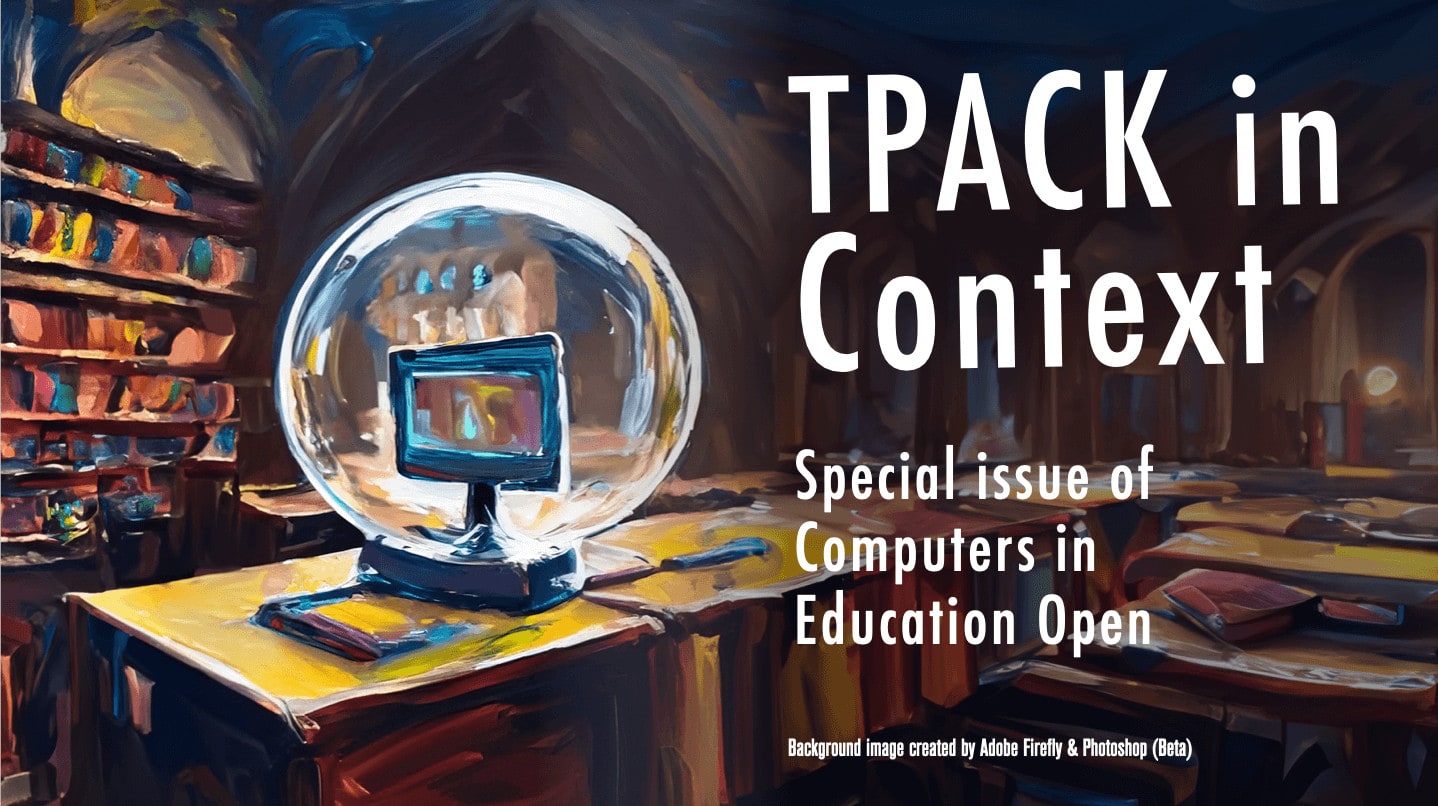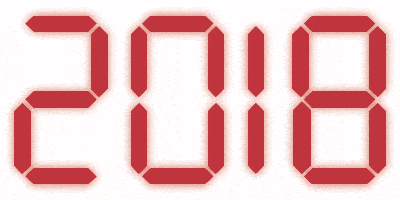Technology integration in teaching is deeply rooted in specific contexts. One could argue that contextual knowledge is of critical importance to teachers and the absence of it would limit, in significant ways, their effectiveness and success as an educators seeking to integrate technology in their instructional practices. As we have written elsewhere (Mishra & Warr, 2021) specific pedagogical moves made by educators do not exist in isolation.
They exist within broader systemic and cultural contexts and discourses, which may include (but surely are not limited to) teacher performance evaluation systems, school rankings, current budgetary constraints, state-level policies and standards, and more. A teacher who understands how these systemic factors work can utilize them intelligently to set herself and her students for success.
Though the importance of “context” has always been part of the TPACK discussion, it has only recently received significant scholarly attention. One contribution to this resurgence is an article I wrote (Mishra, 2019) that upgraded the TPACK diagram to replace the generic term “contexts” with the idea of “Contextual Knowledge (XK).” This move, was more than merely a semantic move. It made the outer circle an additional knowledge domain that teachers need to possess. Thus, the development of contextual knowledge is something that we can (and should) study, understand and incorporate into our practice.
It is in this context that I am thrilled to announce a special issue of the journal Computers and Education Open devoted to this topic. This special issue will be edited by Domink Petko, Matt Koehler and myself. You can learn more about it by going directly to the call Placing TPACK in context: Looking at the big picture.
Note: Publication fees have been waived for this special issue
All we need, by August 30, 3023, is a 250-300 word abstract, a tentative title, author(s) information, keywords and references. Please direct all questions about this special issue to dominik.petko@uzh.ch.





0 Comments